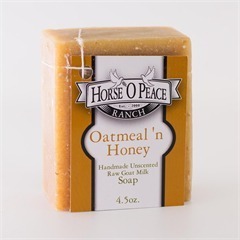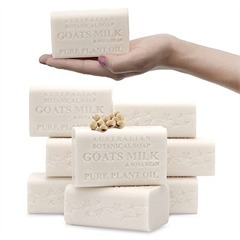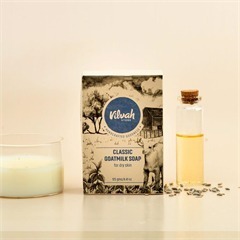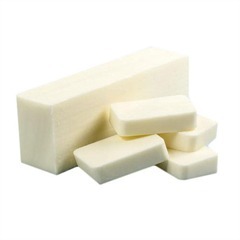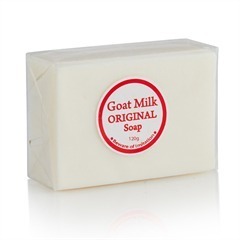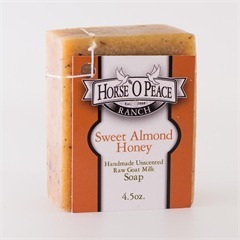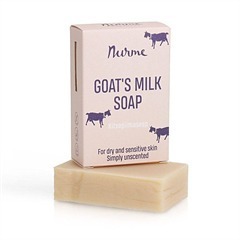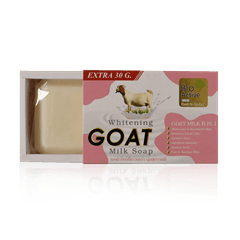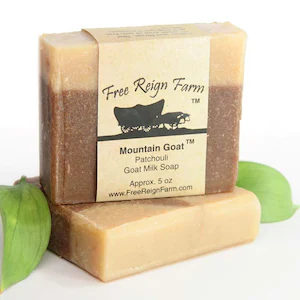Goat milk soap is exactly what it sounds like — soap made from goat’s milk. It has recently gained popularity, but using goat milk and other fats for cosmetics and soaps stems back thousands of years. Goat milk soap is made via the traditional soap-making process known as saponification. Goat milk is rich in both saturated and unsaturated fats, making it ideal for soap production. Saturated fats increase a soap’s lather — or production of bubbles — while unsaturated fats provide moisturizing and nourishing properties. There are 3 benefits of goat milk soap:
Gentle cleanser
Rich in nutrients
May improve dry skin
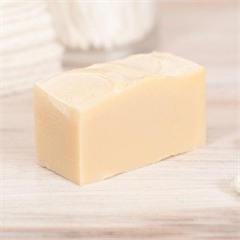
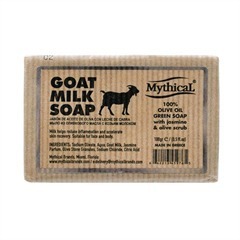
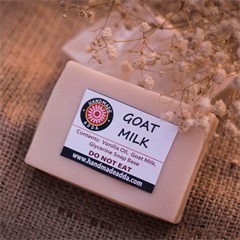
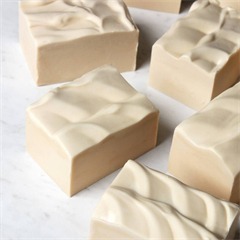
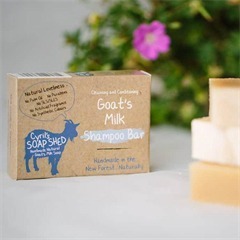
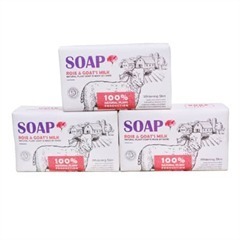
Gentle cleanser introduce.
Most commercially made soaps contain harsh surfactants that can strip your skin of natural moisture and oils, leaving it feeling dry and tight. To maintain your skin’s natural moisture, it’s best to use products that don’t remove the natural fats in the skin barrier
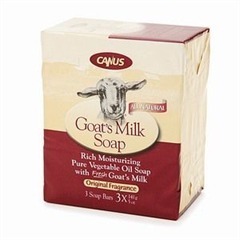
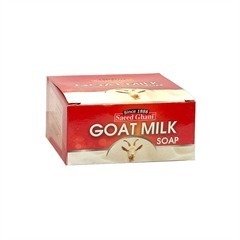
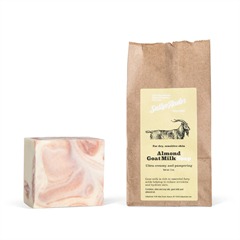
Rich in nutrients introduce.
Goat milk is rich in fatty acids and cholesterol, which make up a large portion of the skin membrane. A lack of these components in your skin can lead to dryness and irritation (5Trusted Source, 7Trusted Source). Furthermore, the milk is a good source of vitamin A, a fat-soluble vitamin shown to have anti-aging properties (
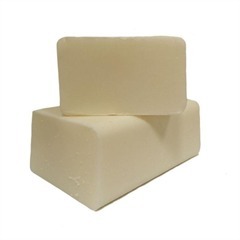
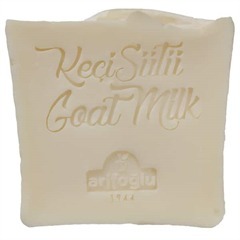
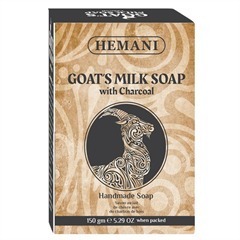
May improve dry skin
Dry skin — known as xerosis — is a condition caused by low water levels in the skin. Normally, your skin’s lipid barrier slows moisture loss. That’s why low lipid levels can lead to excess moisture loss and dry, irritated, and tight skin. People with certain dry skin conditions, namely psoriasis and eczema, often have lower levels of lipids, such as cholesterol, ceramides, and fatty acids, in the skin.
